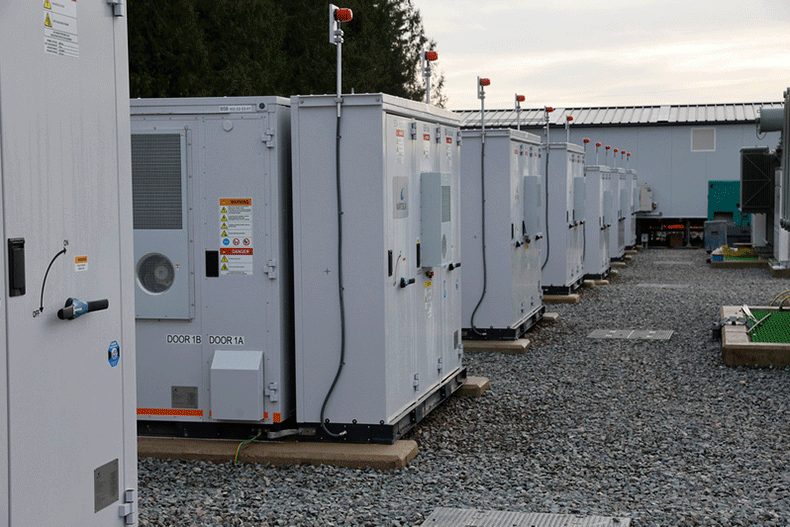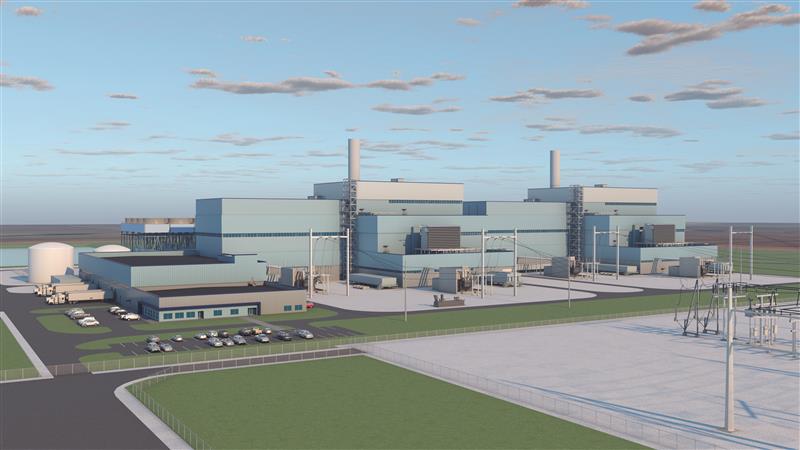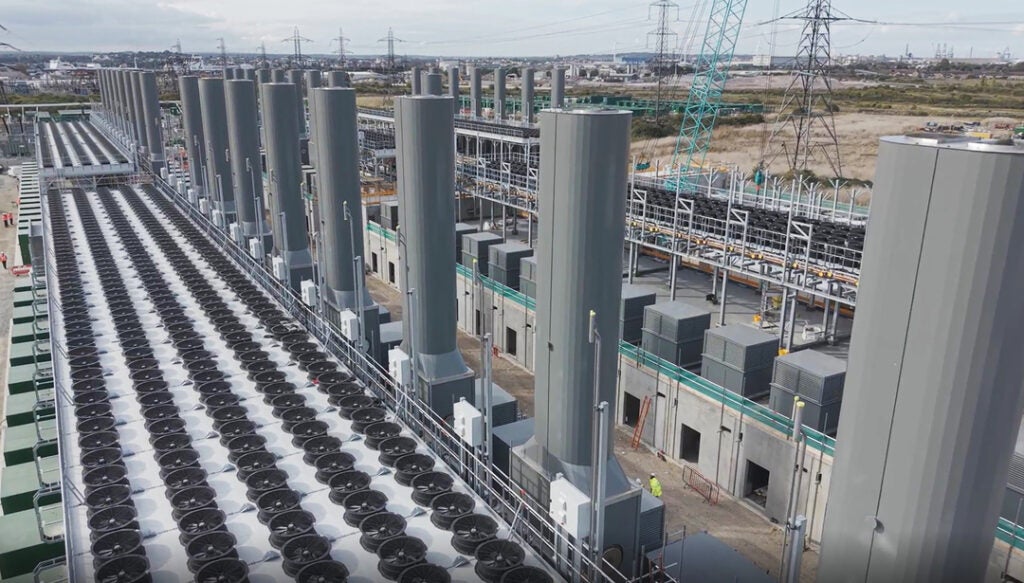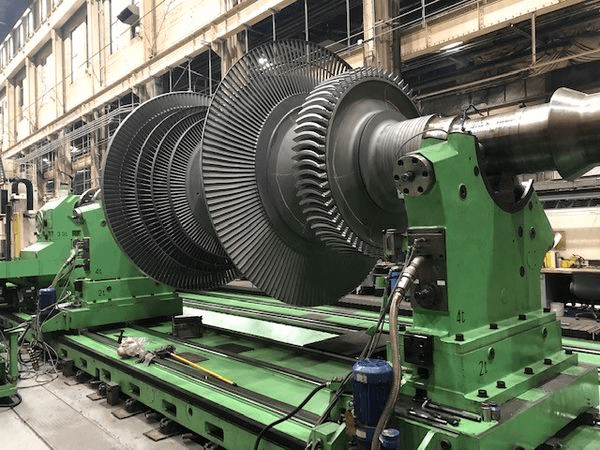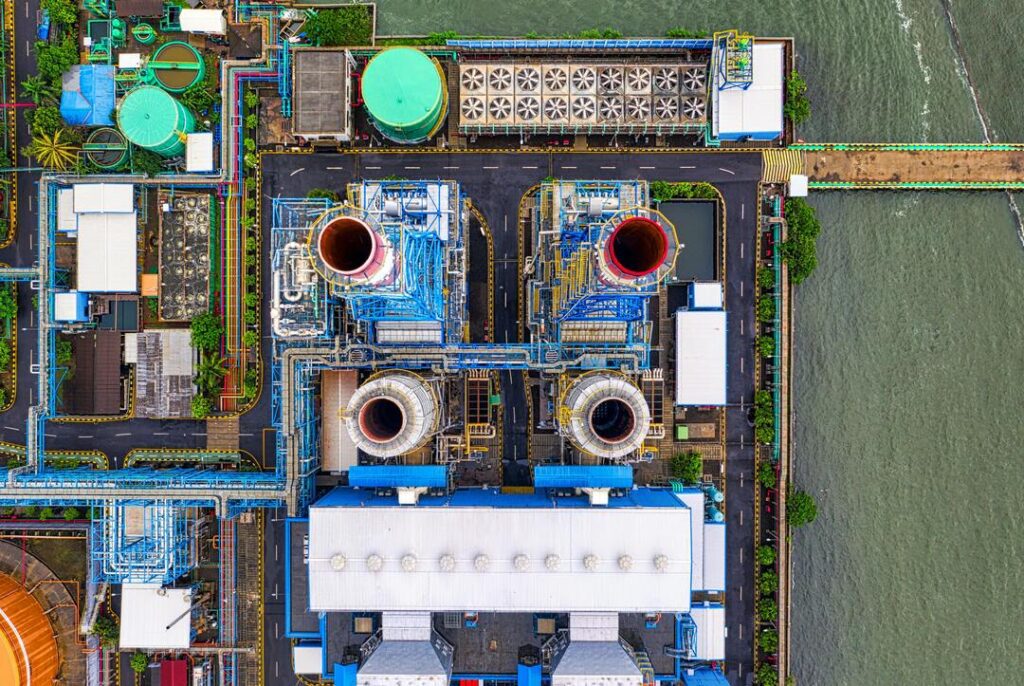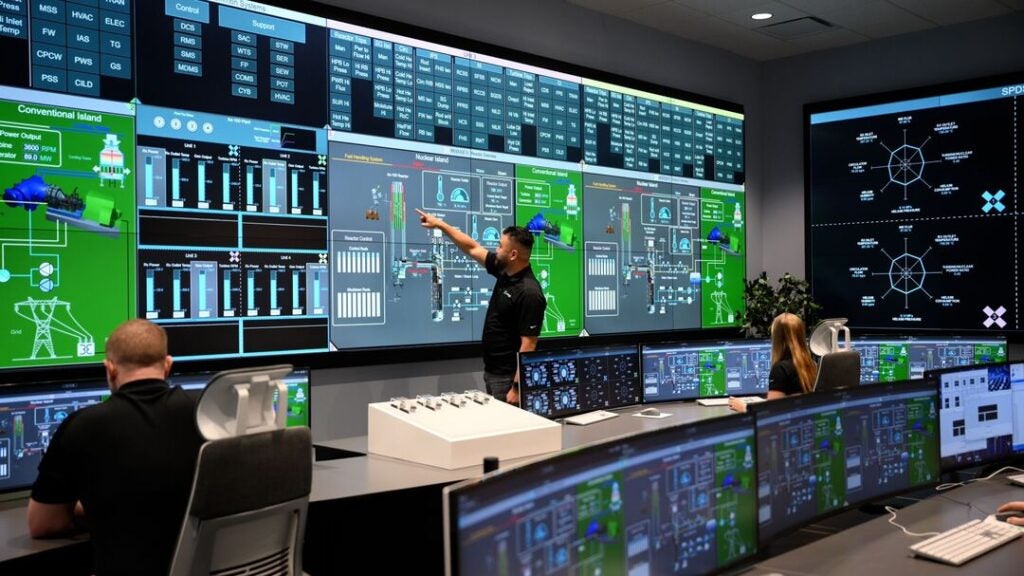Boiler systems play a crucial role across industrial, institutional, commercial, and other large-scale facilities. The systems are often complex and require meticulous oversight to ensure optimal performance and safety. This is where supervisory control and data acquisition (SCADA) systems are vital in supporting the management of boiler rooms.
SCADA platforms are advanced systems used to monitor industrial processes in real-time. They consist of both hardware and software that gather data from programmable logic controllers (PLCs) and other equipment, and display it visually through graphics, trending, alarming, and reporting screens. This enables operators to identify issues, track trends, and optimize operations from a centralized interface. In the context of boiler rooms, SCADA systems provide crucial oversight, allowing for the continuous monitoring of parameters like temperature, pressure, and fuel consumption.
Using SCADA technology, operators not only maintain optimal boiler performance but also enhance efficiency, reliability, and safety, making it an essential tool in industrial operations. This article explores how SCADA systems achieve these critical objectives. We’ll also discuss what to look for in a SCADA integrator and share a case study of a successful SCADA implementation.
Enhancing Energy Efficiency
Industrial boilers often use substantial amounts of fuel, making efficiency a top priority. SCADA systems help to address that challenge.
One of the primary advantages of SCADA systems is their ability to continuously monitor a wide variety of variables such as temperature, pressure, fuel consumption, and airflow. This real-time data gives operators a constant view of a boiler’s operational status, which helps to quickly identify inefficiencies.
For example, if the overview screen for a steam boiler displays a high stack temperature, a trained operator recognizes this as a sign that the boiler is losing efficiency. The operator could then examine historical data via trends and reports to further assess the situation and make data-driven decisions when addressing the issue.
Similarly, if fuel consumption on reports appears unusually high relative to steam output, it may point to inefficiencies in fuel usage, indicating a need for maintenance or system adjustments. By observing real-time performance and monitoring data analytics, operators can detect emerging problems early, allowing for preventive maintenance or adjustments before efficiency is significantly impacted.
By continuously tracking and trending this data, operators can detect abnormalities such as gradual increases in energy consumption, excessive steam consumption, and decreased plant or combustion efficiency. These trends help operators identify emerging issues before they become severe, allowing for preventive action. Visual alarms and animated graphics provided by SCADA systems further enhance issue recognition, notifying operators of equipment faults or parameters that exceed set limits, thus preventing larger efficiency losses or system failures.
Enhancing Uptime and Reducing Downtime
Downtime is one of the costliest problems in industrial settings, particularly in critical operations like boiler systems. Whether it’s due to equipment failure, maintenance, or unexpected shutdowns, downtime disrupts production and can lead to significant financial losses.
SCADA systems help to overcome this challenge through proactive monitoring. They continuously gather data that can reveal early signs of wear or potential failure. By tracking trends in temperature, pressure, and performance over time, SCADA systems detect anomalies that might go unnoticed in manual monitoring. This allows operators to perform predictive maintenance—addressing issues before they lead to costly shutdowns.
Using the data collected by SCADA systems, operators can create more efficient, data-driven maintenance schedules, instead of relying solely on fixed maintenance intervals. This approach reduces downtime and ensures that the boiler system operates at peak efficiency for longer periods.
Improving Safety
Safety is paramount in any industrial setting, and boiler rooms are no exception. Boilers operate under high pressure and at extreme temperatures, creating significant safety risks if not properly managed. SCADA systems play a crucial role in mitigating these risks by providing real-time, centralized alarming that covers the entire system, improving emergency response.
SCADA systems are designed to continuously monitor safety-critical parameters, such as pressure, temperature, and gas levels, among many others. If any of these parameters exceed safe limits, the system immediately triggers an alarm, allowing operators to take corrective action before the situation escalates. This real-time alert mechanism is critical in preventing accidents that could result in equipment damage, production losses, or even personnel injuries.
SCADA systems also aid in preparedness by providing a detailed log of events leading to an incident. This data can be used to quickly diagnose the cause of a problem and prevent similar occurrences in the future. Additionally, having this data on hand allows facilities to comply with safety regulations and improve their overall safety protocols.
Choosing a SCADA System Integrator
When implementing a SCADA system, it is important to have an integrator with extensive knowledge of these supervisory control systems. The integrator’s primary role is to ensure all elements are effectively integrated to maximize productivity, enhance data-driven decision-making, and improve overall operational efficiency. However, a good SCADA system integrator goes beyond technical proficiency. The following are key skills to look for when choosing an integrator:
- Demonstrates an understanding of your needs.
- Provides solutions that are scalable and secure.
- Offers an ongoing support model to ensure that systems remain future-proof and adaptable.
- Applies modern user-interface (UI) principles resulting in intuitive navigation and clear presentation of information.
This blend of technical expertise and customer-focus distinguishes the most effective integrators in the field.
SCADA Integration Case Study
More than a decade ago, a Veterans Health Administration (VHA) hospital in the northeastern U.S. embarked on the construction of a new boiler plant on its expansive grounds. The hospital’s campus featured multiple buildings, separating equipment by a substantial distance. This scattered configuration presented a significant challenge for plant staff. They needed a solution that would eliminate the need to walk between locations to monitor equipment.
In addition to this streamlining of operations, the hospital also sought a system that could provide real-time data, historical analytics, and insights into plant efficiency. Managers wanted the ability to assess equipment performance, spot trends, fine-tune settings to improve efficiency, and implement predictive maintenance.
Their knowledgeable integrator fitted the hospital with a Preferred Utilities SCADA/Flex Visualization System to centralize monitoring across the entire plant grounds. This system enhanced their monitoring, troubleshooting, reporting, and predictive maintenance.
Monitoring software has allowed them to oversee equipment status and performance from one location on the campus, saving time and improving overall efficiency. Troubleshooting has been enhanced, as staff are able to quickly detect and address issues, responding to alarms to prevent potential equipment failures. By providing real-time analytics, historical data, and detailed reports, the hospital’s SCADA system has empowered plant staff to make data-driven decisions, optimize equipment performance, and conduct predictive maintenance to avoid costly shutdowns.
Over the past decade, the SCADA system has proved to be an invaluable asset to the VHA hospital. In addition to simplifying day-to-day operations, it has also enabled the hospital to enhance plant efficiency and improve its response times to potential issues.
SCADA: The Indispensable Tool
SCADA systems have become indispensable in managing industrial boiler operations. Their ability to optimize energy efficiency, reduce downtime, and enhance safety makes them instrumental to facilities aiming to improve operational performance. As SCADA technology continues to evolve, integrating with Internet of Things (IoT) and artificial intelligence (AI), it will only further cement its role, ensuring that operations run smoothly, safely, and efficiently. For facilities looking to upgrade their boiler management systems, SCADA-based solutions are the clear winner.
Preferred Utilities is committed to supporting companies in their endeavor to better manage their operations through improved efficiency, reduced downtime, and increased safety. This commitment is reflected in cutting-edge products and solutions like its SCADA systems, and its fuel oil handling systems, boiler instrumentation, controllers, and high-quality burners for commercial, institutional, and industrial facilities.
—Estera Bohn is a SCADA Design Engineer at Preferred Utilities Manufacturing Corp.






